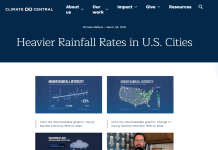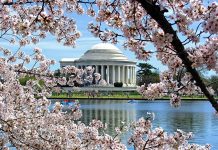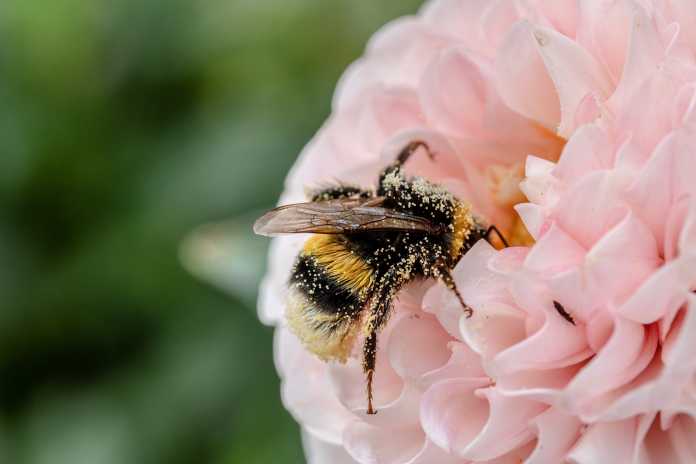Minnesota Public Radio (MPR) ran a segment during its local morning edition titled, “Climate change is contributing to an extended allergy season.” While the story itself is likely true, it buries the lede. The longer allergy season is a result of a longer growing season which has benefitted, plants, insects, animals, and humans as the planet has modestly warmed. Allergies are a negative by-product of a beneficial greening world.
Cathy Wurzer and Gracie Stockton report at MPR:
If you suffer from seasonal allergies, you may be dealing with sneezing, sniffles, and itchy eyes further into the fall — and that’s in part due to climate change.
. . .
The allergy season has been extended by 21 days in Minnesota, ….
Warmer temperatures and increasing amounts of carbon dioxide in the environment make plants and trees happy, Potter says. That means more photosynthesis and thus more pollen on both the front and back ends of the season.
Way to bury the lede MPR. Reading only the headline one would be left with the impression that allergies were just one more supposedly unmitigated harm resulting from climate change. Yet, as even MPR acknowledges, allergies are a negative side effect of the carbon dioxide induced greening of the Earth, which trees benefit from. And, they aren’t the only ones.
As explained in previous Climate Realism posts, here, here, here, and here for example, pollinators like bees and bats, wild and domesticated plants (think crops and flowers), and people, in general, have benefitted from the extended growing season.
Interestingly, despite the longer allergy season, cities and suburbs are increasingly devoting land to permanent “green spaces,” touting the benefits of bringing nature (and pollen-laden plant life) into urban areas. These benefits include decreasing the urban heat island effect and associated warming, improving air quality, and there is even an international study from the Barcelona Institute for Global Health and Colorado State University suggesting that urban green spaces reduce premature human deaths.
Global greening has contributed to the largest decline in global hunger in history. Greater plant growth not only removes carbon dioxide from the atmosphere, but the allergy causing pollen it emits is great for pollinating insects like bees, and birds.
Although no one should dismiss the plight of allergy sufferers resulting from the greener world, allergies are by and large treatable. Worrying about climate change will do nothing to mitigate the warming induced extension of allergy season. As a result, the best recommendation for allergy sufferers is to stock up on allergy medications, and then enjoy the benefits of a much greener world. Outdoor exercise can be healthy and fosters an appreciation of nature. More plants, wild plants and food crops alike, means fewer hungry and malnourished people and more habitat for wildlife; surely even most allergy sufferers can see the net benefit of that.
While pollen levels may be on the rise, advancements in allergy treatments and preventive care ensure that sufferers are not left helpless. Investing in the right remedies and taking proactive measures, such as monitoring pollen counts and adjusting outdoor activities accordingly, allows individuals to enjoy the beauty of nature without constant discomfort. After all, avoiding the outdoors entirely is neither practical nor desirable—especially when the world is flourishing in ways that benefit both humans and wildlife alike.
This is where Holistic Allergy offers a crucial solution for those struggling with persistent allergies. Rather than simply masking symptoms with over-the-counter medications, Holistic Allergy provides comprehensive allergy testing and treatments tailored to individual needs. Their expertise extends beyond common seasonal allergies, addressing food intolerances, pet allergies, and even innovative immunotherapy options that help build long-term resistance.
By understanding specific triggers and receiving the right treatment, allergy sufferers can embrace the greener world with confidence, knowing that their health and well-being are in capable hands.
















